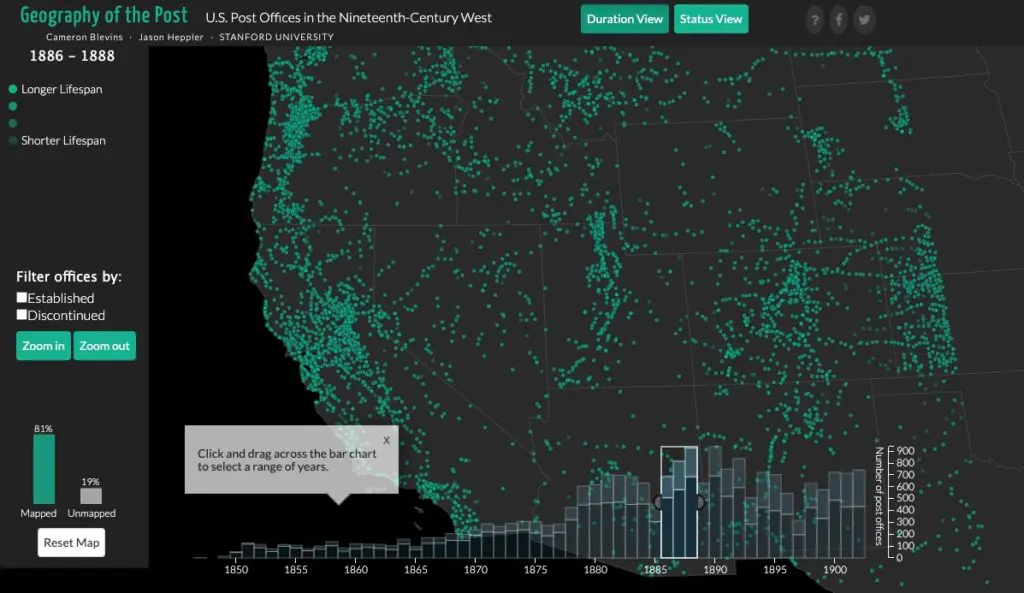Hierarchy vs. Fairness is the dominant Manichaean struggle of our age, and perhaps every age before it: shall we structure our society with a strict hierarchical system of highs and lows, with power concentrated at the top? Or shall we have an egalitarian society where truth, justice, and fairness rule the day?
There are a lot of stories, myths, and narratives centered on this question: hierarchy or fairness? Cultural wars and actual wars have been waged — numerous times throughout history.
We are fighting a new incarnation of that war now in our nation, as civil unrest spreads following yet another extrajudicial murder by Minneapolis police officer Derek Chauvin — who knelt on the neck of George Floyd for a jaw-dropping 8 minutes and 46 seconds: 2 minutes and 53 seconds beyond the point where Floyd lost consciousness and 1 minute and 54 seconds past the point fellow officers checked to confirm he had no pulse.
That is a staggeringly long time.
There is simply no credibility to the typical excuse that Chauvin somehow feared for his life — from an unarmed, handcuffed, prone, unconscious, and then lifeless George Floyd. Arrested over an allegedly counterfit $20 bill. Meanwhile Congress appropriates hundreds of billions and even trillions for big business and last I heard, no arrests had been made. Curious.
It starts in childhood
Psychologists like Alice Miller and Darcia Narvaez attribute this troubling mentality — this mentality that exhibits complete disregard for human life — as originating in our child-raising “techniques.” At one time corporal punishment for youth was the rule and not the exception; not uncoincidentally, the Hitler Youth of Germany had been largely raised under the “advice” of Daniel Gottlieb Moritz Shreber who advocated beating babies from a young age so the importance of obedience would be drilled into them early on.
It wasn’t until much later we learned that traumatized and neglected children display severe lesions affecting up to the 30 percent of the areas of the brain responsible for controlling emotions. In other words, “traditional” authoritarian child-rearing in the fundamentalist religion style of “spare the rod, spoil the child” produces emotionally crippled adults — who tend to enact the revenge fantasies of their internal repressed rage as adults later in life. They simply need be provided with an “authorized” scapegoat.
Denial ain’t just a river in Egypt
Miller goes on to suggest the psychological survival mechanism of denial employed by abused children to survive their situation leads them to develop the kind of emotional blindness in adulthood that will turn the other way when witnessing violations of another person’s humanity — or may even be induced to carry them out. We’re all familiar with Nazi Adolf Eichmann’s “defense” of why he should be exonerated for behaving like a robotic killer: “I was just following orders.”
Teaching children to be obedient or be emotionally abandoned — whether through physical abuse or emotional abuse or both — is the key to unlocking this mystery of the appeal of hierarchy and authoritarianism which is seeing a resurgence not just in the United States but around the world — especially in Europe as well. Miller calls it “poisonous pedagogy” — not just parents but many other forms of authority indoctrinate youth in this vicious cycle and benefit from the creation of obedient individuals by amassing and maintaining power.
The kicker is we are not supposed to recognize this process — and if we do, we most certainly are not supposed to speak up about it. We are supposed to remain unaware that our deference to authority is merely a construct; a thin veneer over the insecurity of power that hopes desperately to continue wielding absurd moral authority over the masses. This collective and complicitous denial keeps us all locked in the dance of abuser and abused — essentially pretending it isn’t happening all around us including in our own homes.
The Founders advocated fairness
For all the right wing enjoys brandishing the Constitution as fundamental law, they tend to often miss the forest for the trees — that the founding fathers wrote extensively on their views and consideration in constructing a new nation towards the end of the 18th century, and that those views were decidedly against the arbitrary rule of kings and the strict striations of class as seen in the empires of Europe. They sought to get away from the cult of personality paradigm of the divine right of kings, believing that the rule of law should hold sway and that men ought to govern themselves through a political process with enough checks and balances to ensure no single branch or individual could wield too much power over others.
James Madison especially was a big believer in the “wisdom of crowds” to arrive at a better, more morally appropriate solution to legislation and problem solving. Moreover they were extremely uncomfortable with the role of slavery at the founding of the nation, despite being simultaneously apiece with the times and not entirely living up to those professed ideals.
Nevertheless, the role of ideals is to move us forward towards better times; to continually improve our individual and collective characters to get closer to living them out. Taking the founding ideals of fairness and equality as the guiding north star of a new nation and falling short is, in my humble opinion, still leagues farther along than giving in to the indulgent impulse towards supremacy and hierarchy and calling it a day. It’s the essence of progressivism as a vehicle for a narrative of self-growth — as opposed to the narrative hierarchy offers, which is static; dead; inert. There can be no change, no dynamism to a system which defines a priori everyone’s place in society.
Hierarchy is the politics of death.


